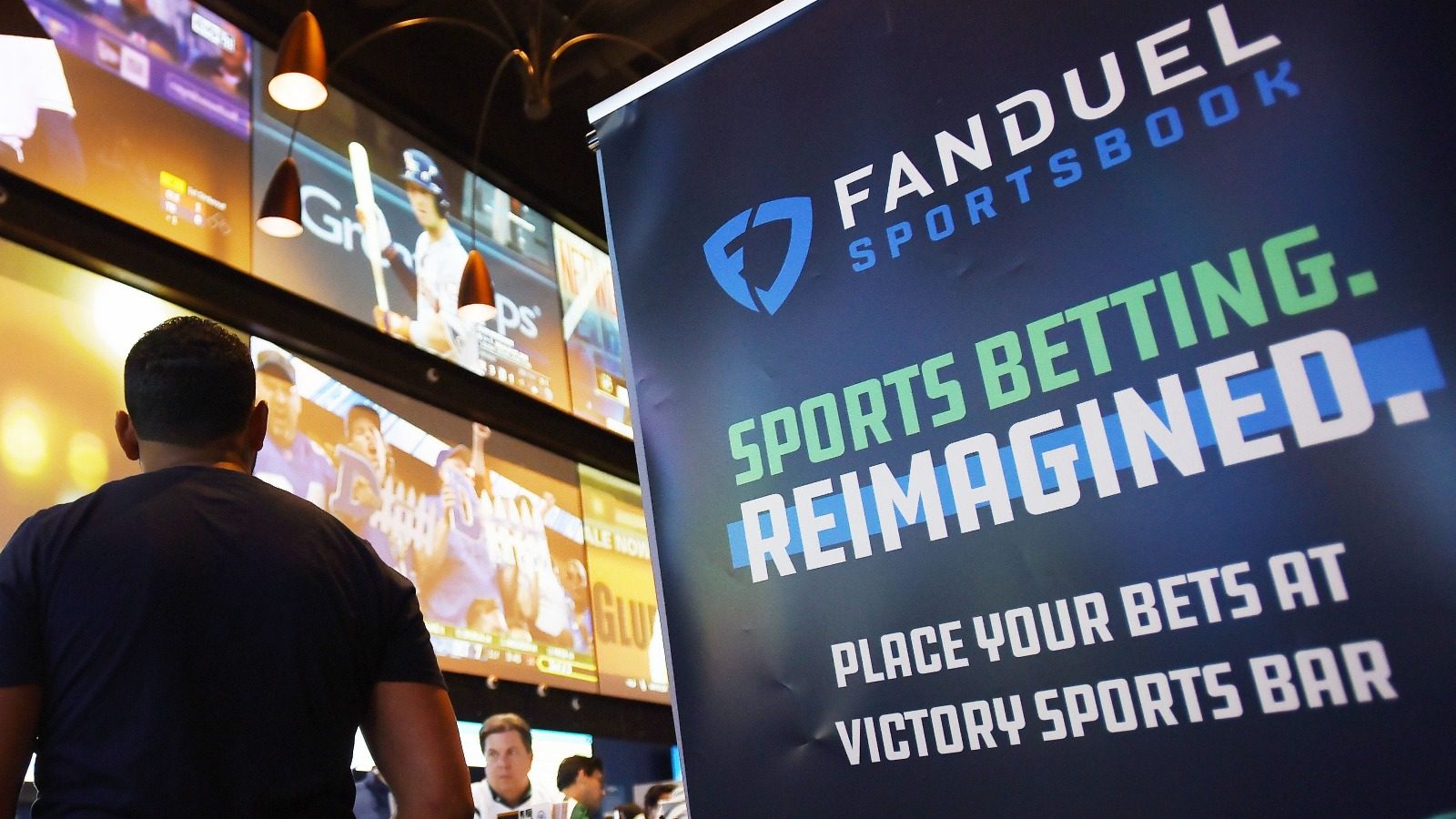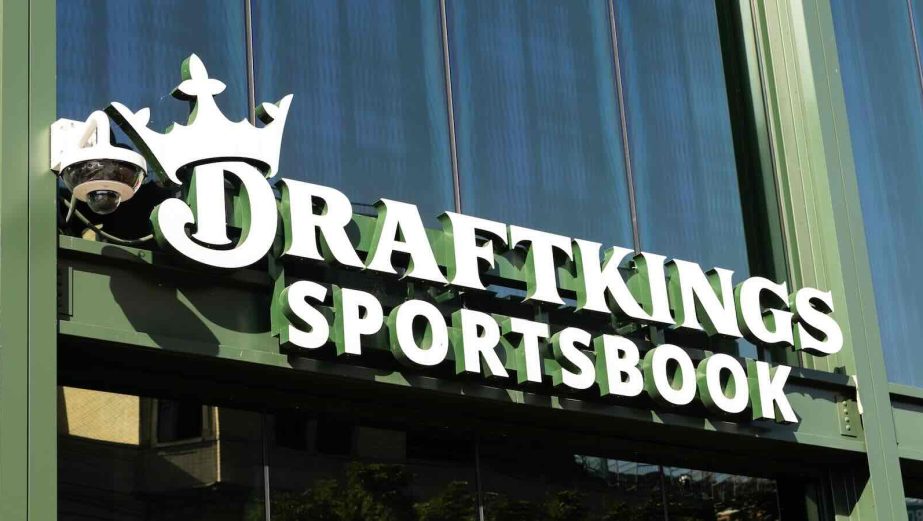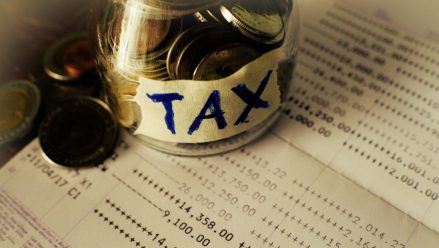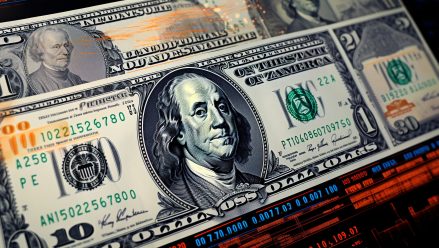FanDuel parent Flutter Entertainment does not expect that its $0.50 per-bet surcharge in Illinois will be taxed, the company’s chief financial officer said, just hours after rival DraftKings said the state’s gaming authorities appear to be planning to tax the pass-through charge.
On an earnings call after the company reported its second-quarter results Thursday, CFO Rob Coldrake said the business is “monitoring the situation” around how the fee it will launch next month will be treated, but was working with the assumption that the measure — intended to pass on the impact of a new tax in Illinois — would not itself be taxed.
The difference between whether the measure is taxed or untaxed is worth tens of millions of dollars to the two operators annually, and the differing interpretations may be a reason why Flutter upgraded its full-year earnings forecast Thursday, while DraftKings kept its forecast the same.
Illinois lawmakers in May passed a first-of-its kind per-wager tax that DraftKings, Fanatics Sportsbook, and FanDuel have announced they will pass on to customers in the form of a surcharge.
Flutter US revenue hits $1.79 billion
In its second-quarter results announcement, Flutter reported that U.S. revenue — mostly from FanDuel — came to $1.79 billion in the three months to June 30, up 17% from the same period last year. That included $1.22 billion in sports betting revenue, thanks in part to sportsbook-friendly results, which pushed betting margins up to 10.4%.
The U.S. business reported adjusted earnings before interest, tax, depreciation and amortization (EBITDA) of $400 million, up 54% from 2024.
Revenue for the wider group — which includes international betting and iGaming businesses such as Sky Bet, Betfair and PokerStars — topped the $4 billion mark, at $4.19 billion. However, net profits plunged from $297 million in 2024 to $37 million, mostly due to non-cash items such as depreciation, as well as restructuring costs.
Flutter increased its expectations for full-year revenue and adjusted EBITDA. Revenue is now expected to be $17.26 billion, up from $17.08 billion, while adjusted EBITDA is expected to be $3.295 billion, up from $3.18 billion.
The increase was mostly due to the impact of the better-than-expected sporting results in the U.S. during the quarter, as well as Flutter renegotiating its market access deal with Boyd Gaming to lower the fees it pays to the retail casino business. In July, Flutter announced that is buying back Boyd’s 5% stake in FanDuel.
The new guidance also includes the impact of tax hikes in New Jersey and Louisiana and a per-wager tax of up to $0.50 in Illinois, which Flutter expects to cost a combined $40 million over the rest of the year. Of that total, $30 million will come from Illinois alone.
The per-wager fee has been in effect in the state since July 1. Under the provision, operators pay a fee of $0.25 on their first 20 million bets, followed by $0.50 on any wagers after that.
Will surcharges be taxed?
However, the guidance does not include the potential impact if FanDuel’s $0.50 per-bet surcharge in Illinois is also determined to be a form of taxable revenue. The surcharge was brought in to pass the cost of the per-wager tax directly to customers. The state began charging the tax July 1, but FanDuel won’t begin passing it onto consumers until Sept. 1. That is about when FanDuel is likely to clear the 20-million wager mark and move into the higher tax bracket for all remaining bets until the end of the fiscal year in June 2026.
Given Illinois’ progressive revenue tax — top earners are taxed at 40% — FanDuel would be paying steep taxes on the surcharge if it is taxable.
Jason Robins, CEO of rival DraftKings, which brought in a similar surcharge, said that authorities in Illinois currently appear to be treating the surcharge as taxable, though added that his business is pushing to prevent that from happening. Operators may not know for sure until they file their July revenue reports Aug. 31. The potential impact appears to have contributed to DraftKings’ decision not to increase its full-year guidance, and Robins said his business could consider replacing the surcharge with less-sharp pricing if it is taxed.
However, Flutter’s Coldrake said that wasn’t Flutter’s assumption at this moment, though he also seemed to suggest the business had not yet received full clarity. The Illinois Gaming Board has not publicly revealed how it is treating the surcharges from the two market leaders, or Fanatics, which is bringing in a $0.25 fee of its own.
“It doesn’t assume that it’s taxable,” Coldrake said. “Obviously we’re monitoring the situation quite closely. We landed on the transaction fee because it’s easy for our customers to understand, it ties directly to the legislation, and it’s easy to implement from a tax perspective.
“If there’s a different way it’s perceived by the state, we’ll adjust accordingly.”
As the market leader in Illinois, FanDuel could face a particularly large tax bill, likely upwards of $30 million annually, if its surcharge is also taxable.
Flutter Chief Executive Peter Jackson also spoke out against the fee.
“We are obviously very disappointed,” he said. “We don’t think it’s a good idea. We’ve introduced this fee which we think is the best way to deal with it. We think Illinois is an outlier and we don’t expect it to come to any other states.”
Little clarity on prediction markets
Jackson also touched on prediction markets, but did not provide much detail on what Flutter’s plans in that space might be.
“We’re not going to speculate on the different ways we’re assessing the opportunity and the costs vs. what the different opportunities are,” he said. “It’s just not worth speculating.”
However, he pointed to the company’s success in running betting exchange Betfair, which offers a peer-to-peer betting product similar to a prediction exchange in several of Flutter’s international markets. After the company’s Q1 results, Jackson said Flutter had assigned some Betfair staff to examine the prediction market opportunity.
“It’s worth remembering that we’ve got two decades of operating the world’s biggest betting exchange,” he said.








